How to take notes efficiently and quickly

Taking notes is an essential skill for both students and business people. But is it as easy as simply jotting down observations? For note taking to be truly valuable, you need to be able to identify the important information, and if you're listening to a lecture you have to work fast. So here's a handy guide to note taking made easy:
What are you taking notes on?
It sounds so simple, but is often overlooked: what are you making notes on? Working from a book is different from taking notes in a lecture, where you are under time pressure and have to quickly take notes without losing track of what the lecturer is saying. The subject will also require a different approach, with science being different from art or literature.
What is the aim of taking notes?
It's much easier to take notes once you've identified their purpose. If you're taking notes for a test, you need to learn facts and figures, whereas notes for a paper are more about locating relevant ideas for your paper.
Lecture Notes
Make sure that you can hear the lecturer; don't lurk at the back where it can be hard to catch every word. Start your notes for each lecture on a fresh page, and write down the lecture title and date, so that you can easily locate relevant information when reading back through your notes. Create an outline for the topic of the lecture. It can also be helpful to have your own abbreviations to save time when writing your notes.
Lab Notes
If you're making notes on lab experiments, you'll need to take a different approach. Make sure you keep the notes on each experiment quite separate to avoid confusion. Give an outline for each one, and make your notes quickly so that you don't forget any observations.
Taking Notes from a Text
Make sure you understand what you're reading; if you don't, add comments so that you can look up any unfamiliar ideas or elaborate on them later. Note down the important concepts and facts, being sure to write quotes accurately and include the page numbers and bibliographical details so that you can easily refer back to the text should you need to find it again. Outline the topic and ask yourself what the purpose of the text is.
Math Notes
As with other topics, taking notes on math can benefit from creating an outline. What needs to be done in each step to find the answer to the problem? It can also be helpful to add an illustration.
Art Notes
You might think that there's no need to take notes for art, but it can actually boost your creativity. What is the aim of your work? What would you like your audience to gain from it? Which ideas do you want to present? This can help you clarify what you want your art to be about, and provide a rich source for inspiration. Jot down any ideas that occur to you, think about what and who inspires you personally; this will help you focus your own aims.




